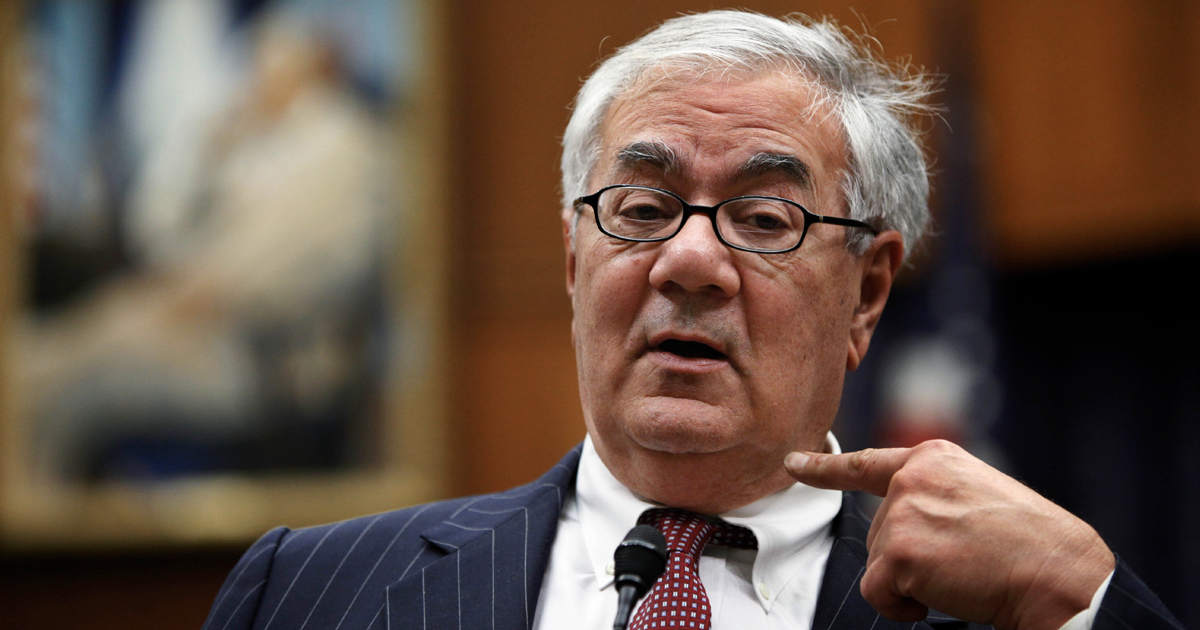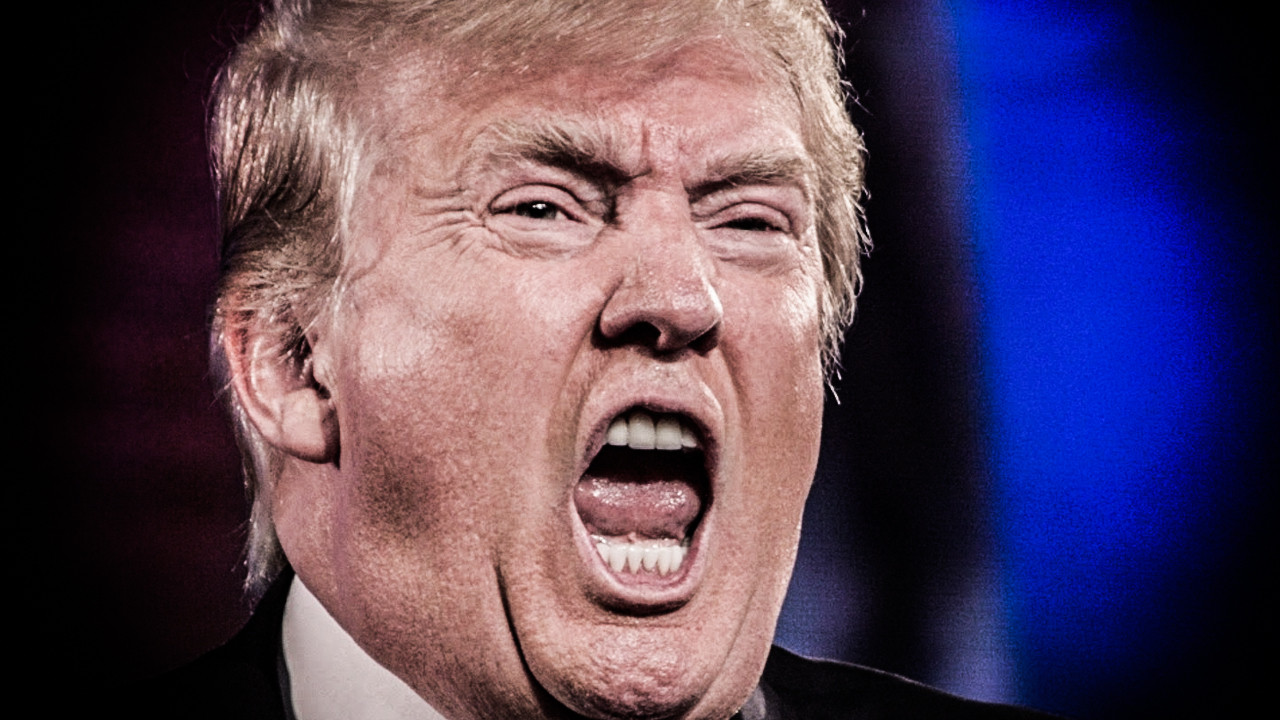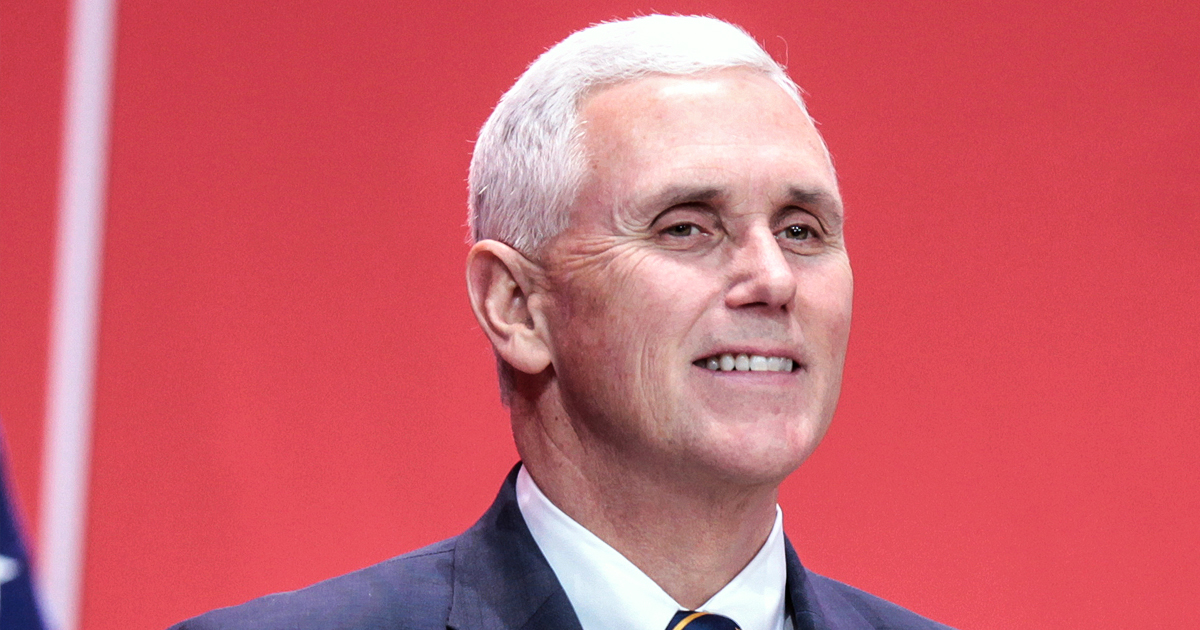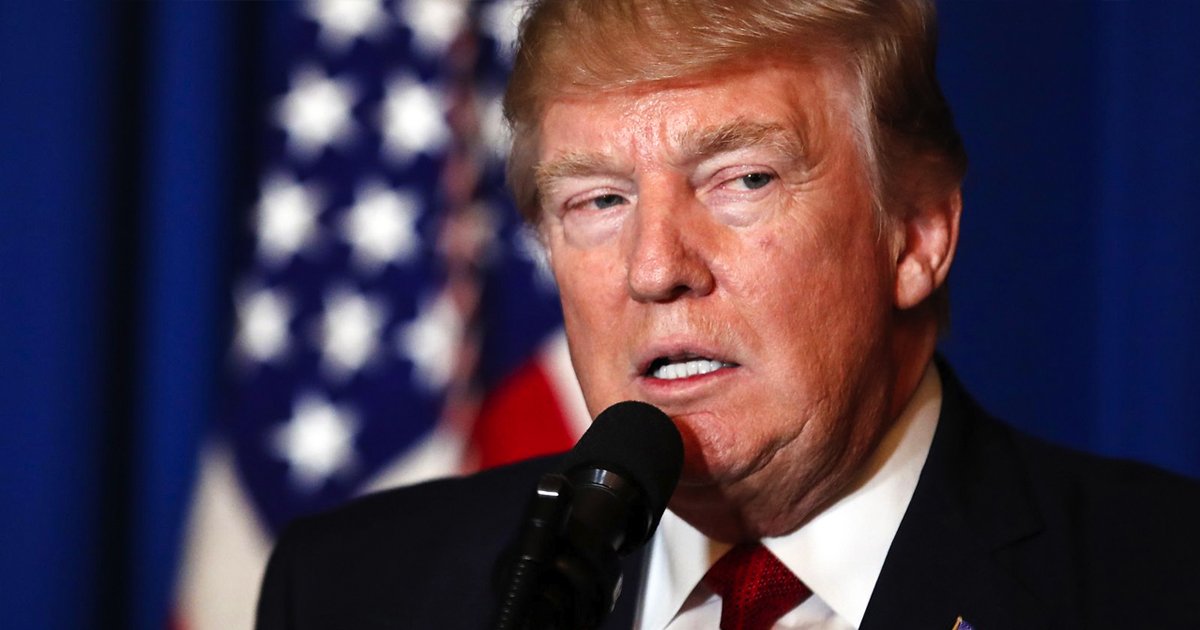The second round of Republican primary debates, held at the Reagan Presidential Library Wednesday afternoon and evening in front of an audience of 500, held very few surprises. There were, however, a few running themes uniting the candidates throughout the five hour debate. Many of the statements included the same, tired old excuses and rhetoric we’ve been hearing for over thirty years.
As was the case with the first debate, last evening’s session was divided into two parts. The first debate featured the four “second tier” candidates. GOP candidates Jindal, Pataki and Graham started off with attacks on front-runner Donald Trump, while Santorum refrained, saying, “I think personal attacks please just one person – Hillary Clinton.” Significantly, Santorum’s statement elicited the only reference to Bernie Sanders that evening, when Jindal said – with some disbelief – that the Democratic Party was “running their weakest candidate…they’ve got a Socialist who’s gaining on Hillary Clinton – a Socialist who’s doing well in the Democratic primary!”
The moderators were thorough in covering all the major issues in their questions. As the evening progressed, three major themes emerged.
The primary theme was a point upon which every GOP candidate was in complete agreement: everything going wrong in the US today is President Obama’s fault. Whether it was the economy and the plight of the middle class (something over which every candidate shed proverbial “crocodile tears”), the national debt (they’ve forgotten which Administrations ran up that debt in the first place), or America’s tarnished reputation abroad (again, forgetting who alienated US allies and started two illegal wars), the responsibility was laid squarely upon Barack Obama’s shoulders.
The second theme was militarism. All the candidates pointed fingers at the President for “weakening our military,” and all portrayed themselves as “hard liners.” Each candidate, including Carly Fiorina (whose jingoistic chest-beating might have given Julius Caesar pause), called for vast expansion of the military and defense spending (it doesn’t matter that the US already spends more on its military than China, Russia, Saudi Arabia and four other nations combined). Except for Rand Paul, every candidate on the stage last night virtually came out stating that they would happily take the US into yet another war in the Middle East. To his credit, Rand Paul acknowledged that military force is a last resort, and can only be authorized by Congress.
Taking care of returning veterans was mentioned only once in passing by Fiorina.
The economy and the struggles of the middle class were both part of yet another prominent theme. Every candidate (including Scott Walker, if one can believe it) expressed their “concern” over stagnant wages, rising living costs and the need for good-paying, stable jobs. The solutions candidates offered were the same discredited ideas that have been touted before: cut taxes (all candidates except for Trump and Huckabee called for a “flat tax” – including Carson, whose idea was based on the biblical call for “tithing”), cut regulations (especially those pesky environmental ones) and let the “unseen hand of the market” do its thing.
There were a few significant differences between the candidates as well. Drug policy was one point of disagreement. Chris Christie vowed that legalized recreational cannabis in states such as Washington and Colorado would end the moment he took office, whereas Rand Paul believes the so-called War on Drugs “has gone too far.” Paul said that the focus should be on rehabilitation for drug users rather than punishment. And while all candidates were in accord on defunding Planned Parenthood, John Kasich was against a government shutdown over the issue, believing that such a move would hurt the GOP. Ted Cruz criticized the current GOP Congress for “giving in” to the President on too many occasions.
When it came to the hot-button issue of immigration, there were a range of opinions and proposals. Trump stuck to his idea of mass deportation, while Carson recommended offering illegals a six month grace period. The bottom line among the candidates, however, was the need to seal the borders. The question of assimilation ruffled some feathers, especially with Jeb Bush, whose wife is from Mexico, and Marco Rubio, who grew up in a Spanish-speaking home. There was also disagreement over the 14th Amendment “birthright citizenship” issue. While Trump would see it repealed, he and Rand Paul agreed that the judiciary should examine the law.
When it came to the judicial branch, several of the candidates were critical of SCOTUS Chief Justice Roberts. Even Jeb Bush admitted that his brother George’s nominee was “inexperienced,” while Cruz held Roberts responsible for the GOP’s failure to advance its agenda. “We keep winning elections, and we don’t get the outcome we want,” he said. “If George W. Bush had appointed Edith Jones or Mike Luttig, Obamacare would have been struck down three years ago.” Huckabee promised that his judicial nominees would have to pass a “litmus test” over their positions on abortion, gun rights and other conservative pet issues.
Despite their differences, the candidates offered very little in the way of new ideas – except for Trump, whose faux populism has been inspired by Bernie Sanders, primarily for the sake of political expediency. And, unlike the first debate, the candidates didn’t even put on a very entertaining show.
At least they looked really cool, standing there in front of Reagan’s Presidential jet.
Watch David Pakman Address which GOP Candidates were most Absurd:




